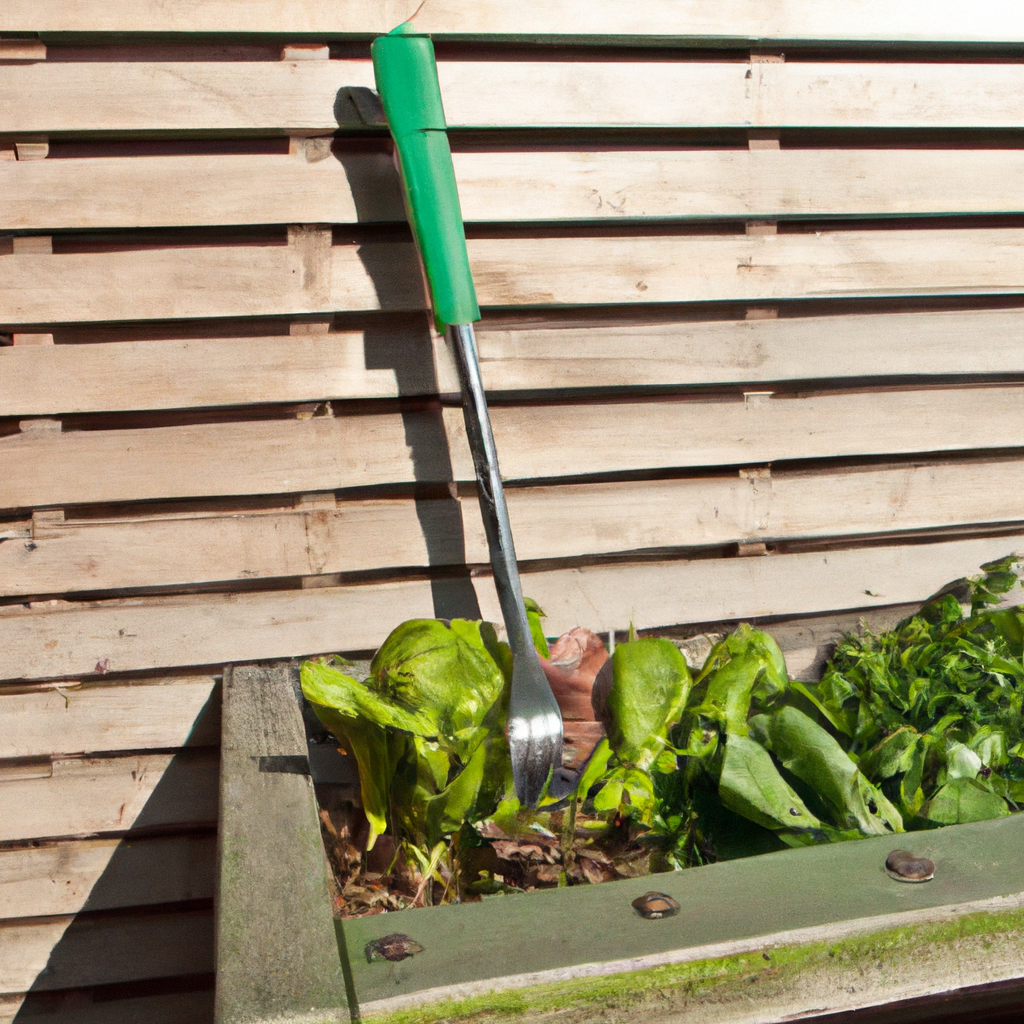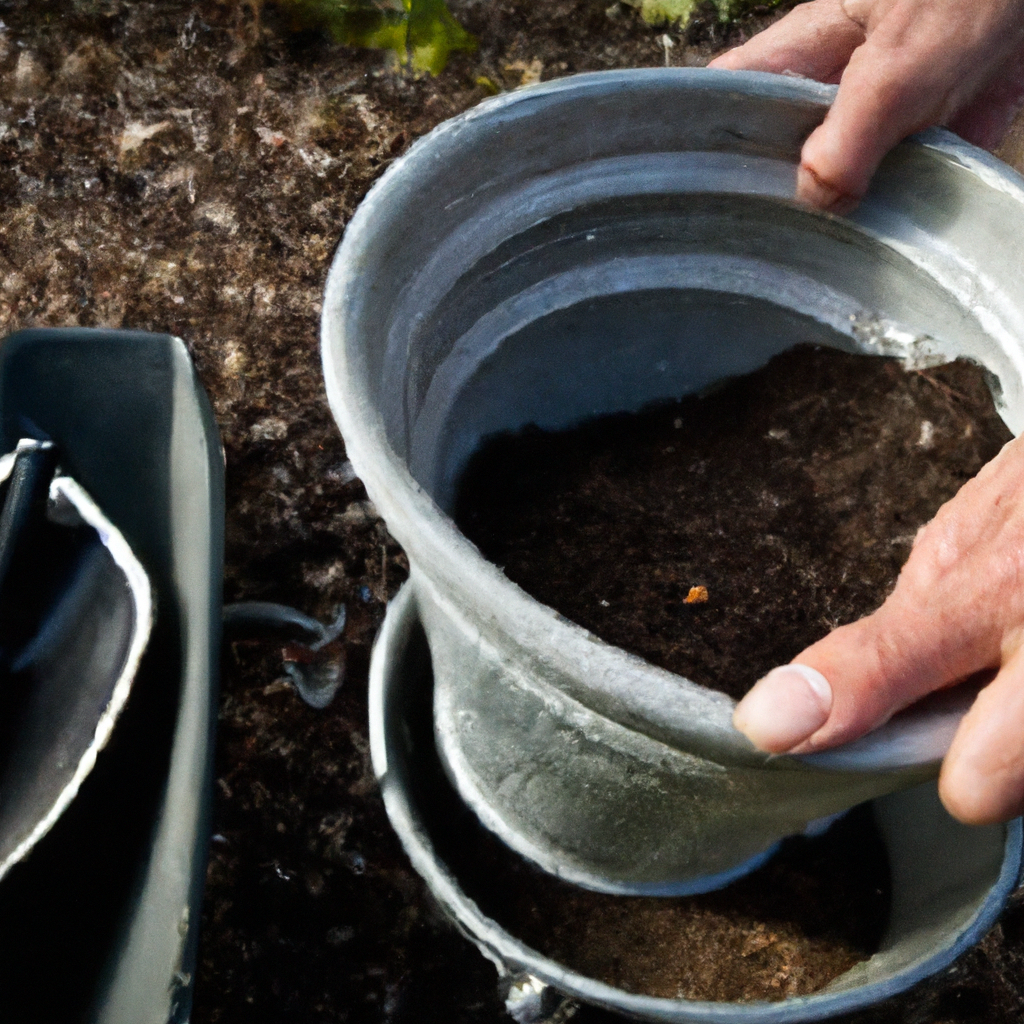
In urban agriculture, the health of the soil plays a crucial role in the success of crops and the overall sustainability of the practice. The quality of the soil directly affects the nutrient content of the produce and the ability of plants to thrive in an urban environment. This article explores effective strategies and techniques to improve soil health in urban agriculture, offering valuable insights and practical tips for urban gardeners and farmers. By implementing these methods, you can ensure healthier soils, increased crop yields, and a thriving urban agriculture ecosystem. Whether you’re a seasoned gardener or just starting out, this article is your go-to resource for enhancing soil health in urban agriculture.
Soil Health in Urban Agriculture
Urban agriculture is becoming increasingly popular as people are recognizing the need to grow their own food in a sustainable and environmentally friendly manner. However, one key aspect of successful urban agriculture is often overlooked – soil health. Soil health plays a crucial role in the productivity and sustainability of urban farming, and taking steps to improve it can have a significant impact on the success of your crops. In this article, we will explore the importance of soil health in urban agriculture and provide practical tips to enhance the quality of your soil.

The Role of Soil Health in Urban Agriculture
Soil health is the foundation of any successful agricultural endeavor, and urban agriculture is no exception. Healthy soil provides the necessary nutrients, water retention, and optimal structure for plant growth. By focusing on soil health, urban farmers can not only increase the productivity of their crops but also contribute towards the overall sustainability of their communities.
Soil Testing and Analysis
Before embarking on any urban agricultural project, it is essential to assess the quality of your soil through testing and analysis. Soil testing involves determining various factors such as pH levels, nutrient content, and organic matter composition. Analysis of these tests can provide valuable insights into your soil’s health and guide you in making informed decisions about nutrient supplementation and remediation strategies.

Composting for Soil Enrichment
Composting is a simple and effective way to enrich the soil in urban agriculture. By composting organic waste such as kitchen scraps, yard trimmings, and leaves, you can create nutrient-rich compost that improves soil structure, enhances moisture retention, and encourages beneficial microbial activity. Regularly incorporating compost into your soil will enhance its fertility and support the growth of healthy and robust plants.
Cover Cropping for Soil Protection
Cover cropping is another valuable technique for maintaining soil health in urban agriculture. Planting cover crops, such as clover or rye grass, during fallow periods or between crop cycles helps prevent erosion, suppresses weed growth, and adds organic matter to the soil. The roots of cover crops also help improve soil structure by aerating and breaking up compacted soil, allowing better water infiltration and nutrient absorption.

Crop Rotation for Disease Prevention
Implementing a crop rotation strategy can significantly contribute to soil health in urban agriculture. By alternating crop species each season, you can reduce the risk of disease and pest infestations, as different plants often attract different pests and pathogens. Additionally, crop rotation helps balance nutrient uptake, as diverse plants have varying nutrient requirements, ensuring that your soil remains fertile and nutrient-rich.
Minimizing Chemical Inputs
In urban agriculture, it is crucial to minimize the use of chemical inputs, such as synthetic fertilizers and pesticides, to maintain soil health. These chemicals can harm beneficial soil organisms and disrupt the natural balance of the soil ecosystem. Instead, opt for organic and natural alternatives, like compost and biological pest control methods, which not only preserve soil health but also contribute to a healthier environment.

Water Management and Irrigation
Proper water management and irrigation play a vital role in maintaining soil health in urban agriculture. Overwatering can lead to poor soil structure, leaching of nutrients, and the growth of resistant weeds. On the other hand, underwatering can stunt plant growth and reduce overall productivity. Applying water efficiently and considering factors such as soil type, plant water requirements, and climate conditions can help maintain optimum soil moisture levels, promoting healthy root development and nutrient uptake.
Mulching for Soil Protection
Mulching is an effective technique for soil protection in urban agriculture. By layering organic materials, such as straw or wood chips, on the soil surface, you can prevent soil erosion, conserve moisture, suppress weed growth, and regulate soil temperature. Mulch acts as a natural insulator, preventing extreme temperature fluctuations that can harm plant roots and soil organisms. Regularly replenishing mulch will help maintain soil health and improve overall agricultural productivity.

Promoting Biodiversity
Encouraging biodiversity in urban agriculture can significantly contribute to soil health. Planting a diverse range of plant species attracts beneficial insects and pollinators, which aid in pest control and help with pollination. Additionally, diverse plants contribute to different root structures and nutrient uptake patterns, promoting a well-balanced and nutrient-rich soil ecosystem. Incorporating native plants and creating habitats for beneficial organisms, such as bees and butterflies, can enhance soil health and support a flourishing urban agricultural system.
In conclusion, soil health is a critical aspect of successful urban agriculture. By prioritizing soil health through practices such as soil testing, composting, cover cropping, crop rotation, minimizing chemical inputs, proper water management, mulching, and promoting biodiversity, urban farmers can create a sustainable and productive agricultural system. By taking care of the soil, you are not only ensuring the success of your crops but also contributing to the overall well-being of your community and the environment. So, get your hands dirty and start improving the health of your urban agricultural soil today!







